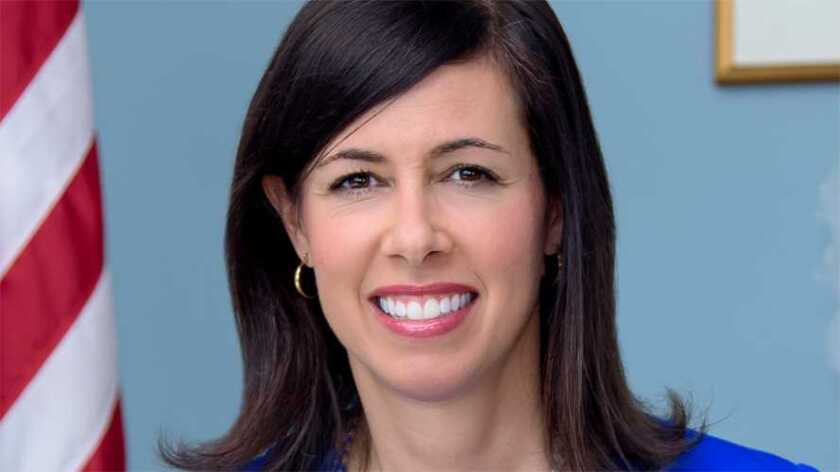Applicants for a licence – or companies wanting to transfer a licence to another operator – will have to answer security and law enforcement questions, followed by a period of up to 210 days before they get a decision.
Ajit Pai, chairman of the Federal Communications Commission (FCC), recognised the importance of investment in the telecoms sector. “On one hand, we want to seize the opportunities that an influx of capital and talent can afford, such as stronger research and development, more innovation, domestic job creation, and economic growth,” he said.
“On the other hand, we also need to take into account the serious national security, law enforcement, foreign policy, and trade policy issues that such an influx can present in some circumstances.”
The new rules follow last year’s decision to deny China Mobile a licence and this year’s decision to deny a licence to the last stretch of the Pacific Light Cable Network (PLCN), the section that lands in Hong Kong. The FCC has authority over PLCN because it starts in California.
The rules are also an attempt to formalise the process first set up by an informal gathering of Washington departments under the name of Team Telecom.
FCC member Jessica Rosenworcel (pictured), one of the two Democratic Party representatives on the regulator’s board, said that the Team Telecom arrangement had been “really opaque” – speaking as someone who previously worked for the former chairman of the Senate intelligence committee.
As a member of the FCC, “I still find this process less than fully transparent. For years it has had no statutory basis and no governing rules,” she said, welcoming the clarification that the regulator has introduced.
Pai said: “Our actions will provide greater regulatory certainty to stakeholders, promote beneficial foreign investment in our telecommunications industry, and better protect US national security, law enforcement, foreign policy, and trade policy interests.”
He said applicants will have “to certify that they will comply with Commission rules, designate a US citizen or permanent resident as a point of contact for lawful requests and legal service of process, and maintain the accuracy and completeness of applications or petitions”.
Clearly addressing the fact that China Mobile had to wait years before its licence application was turned down, another FCC member, Michael O’Rielly said: “The basic structure provided by this item will go a long way in assuring applicants that they will get an answer within a reasonable timeframe. This is a clear victory for both national security and government efficiency.”






